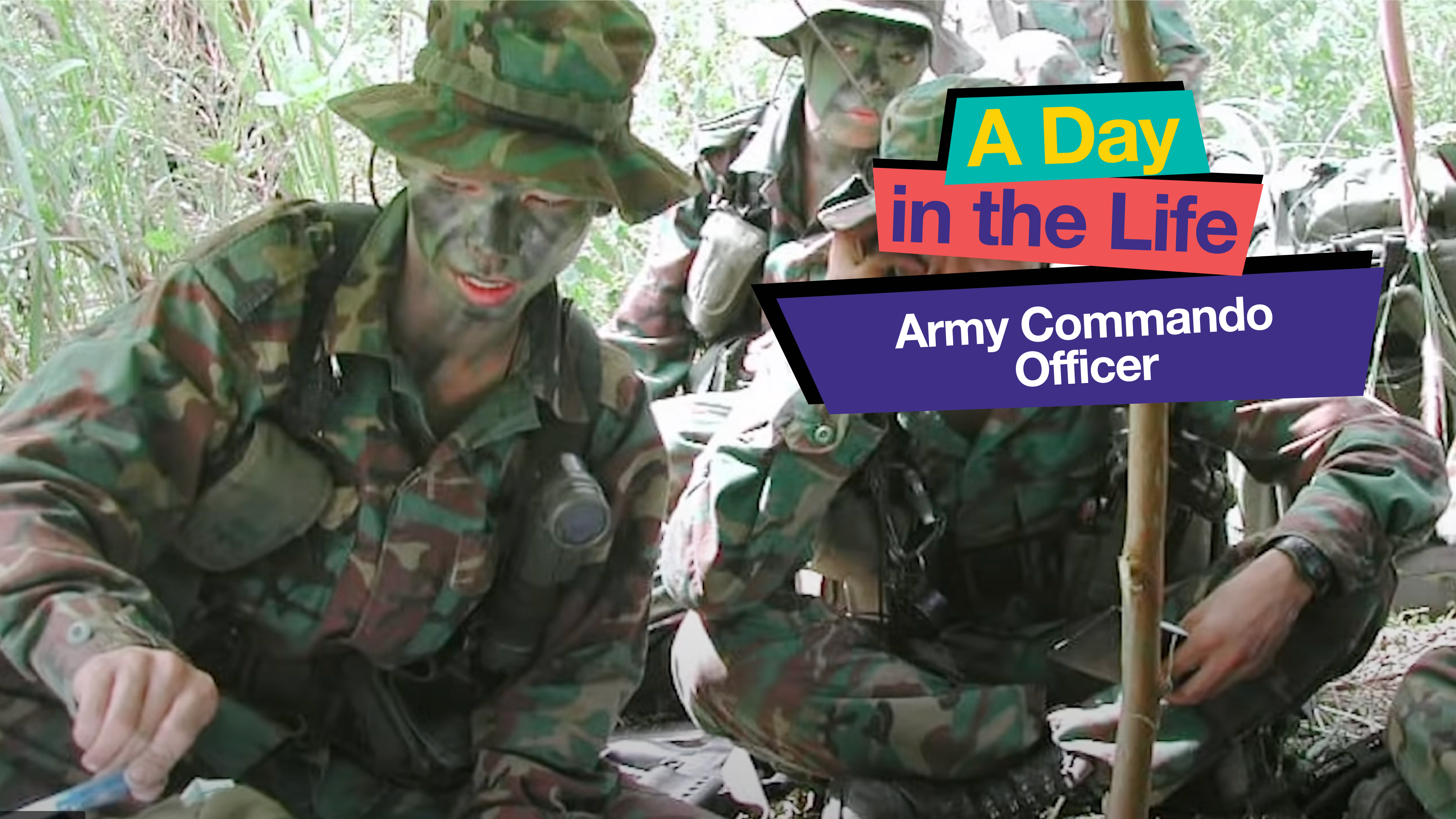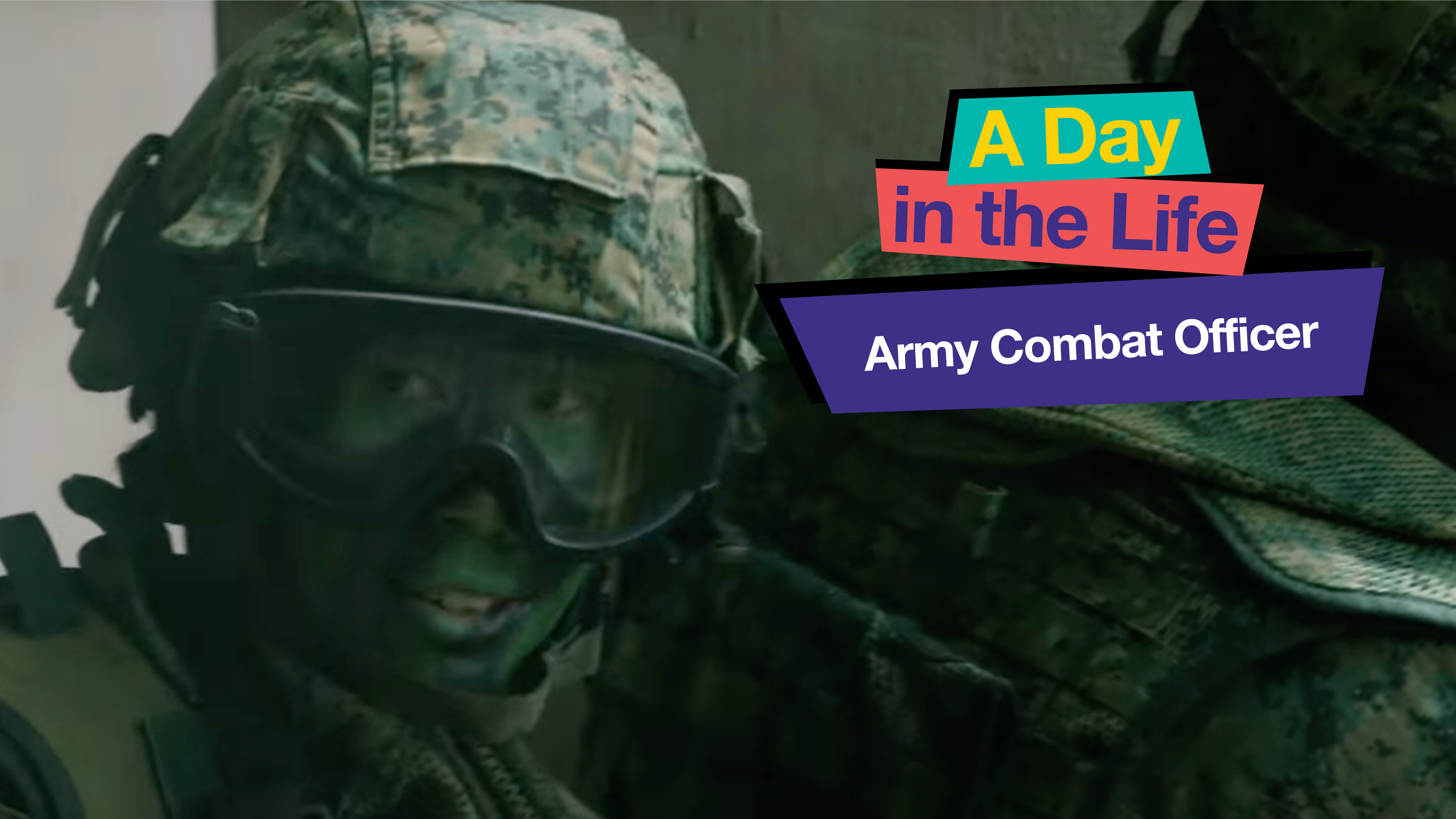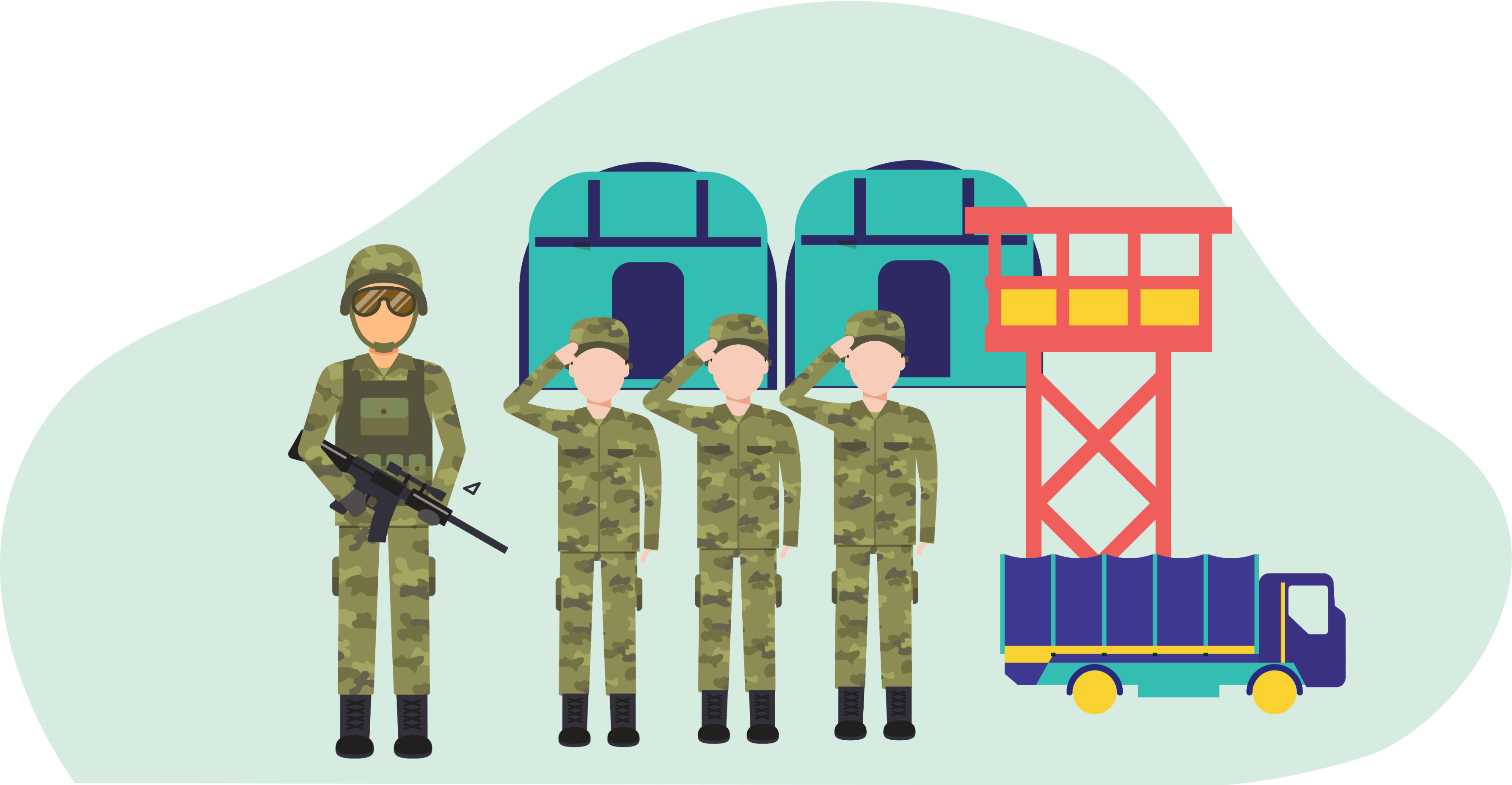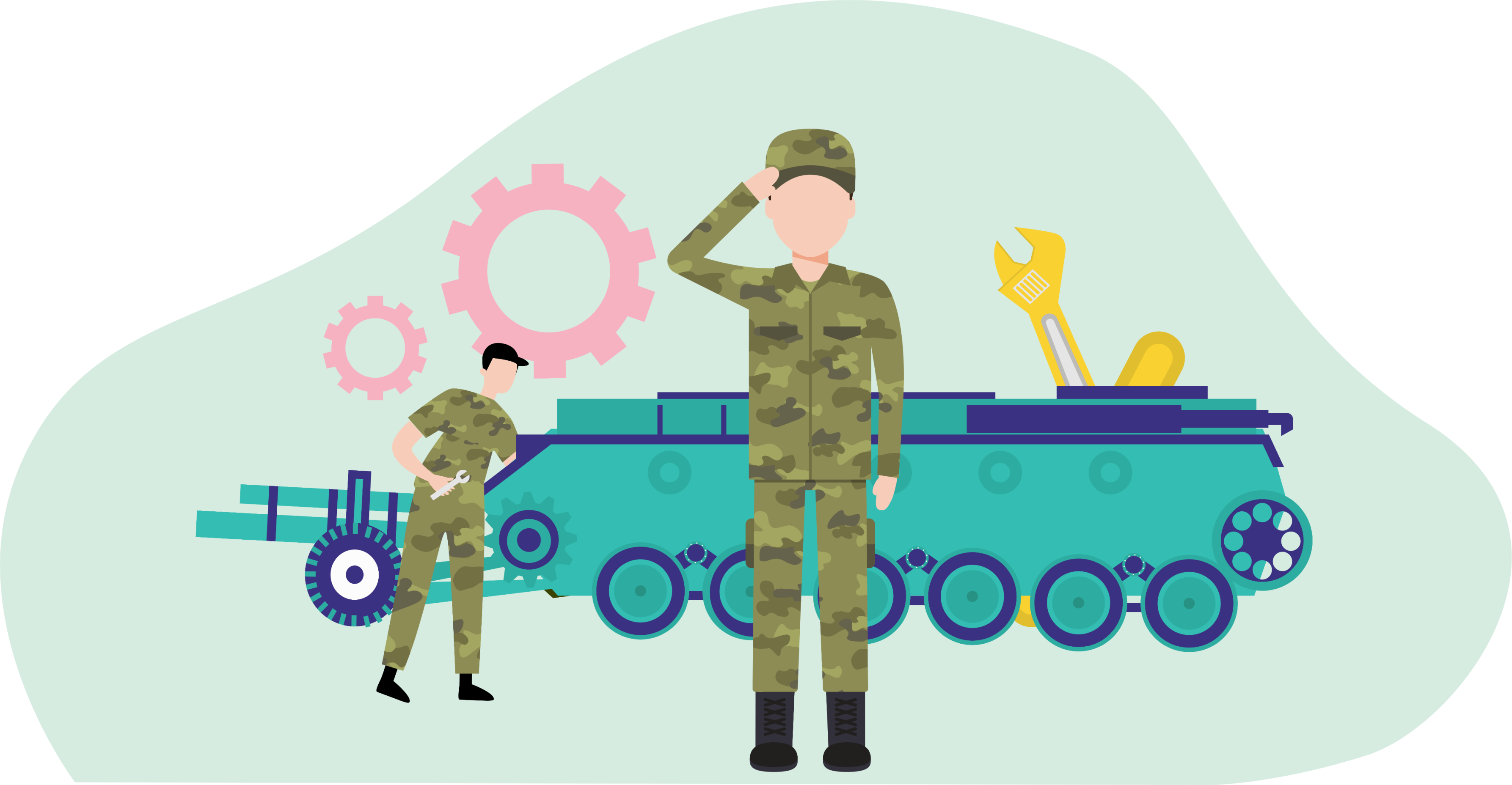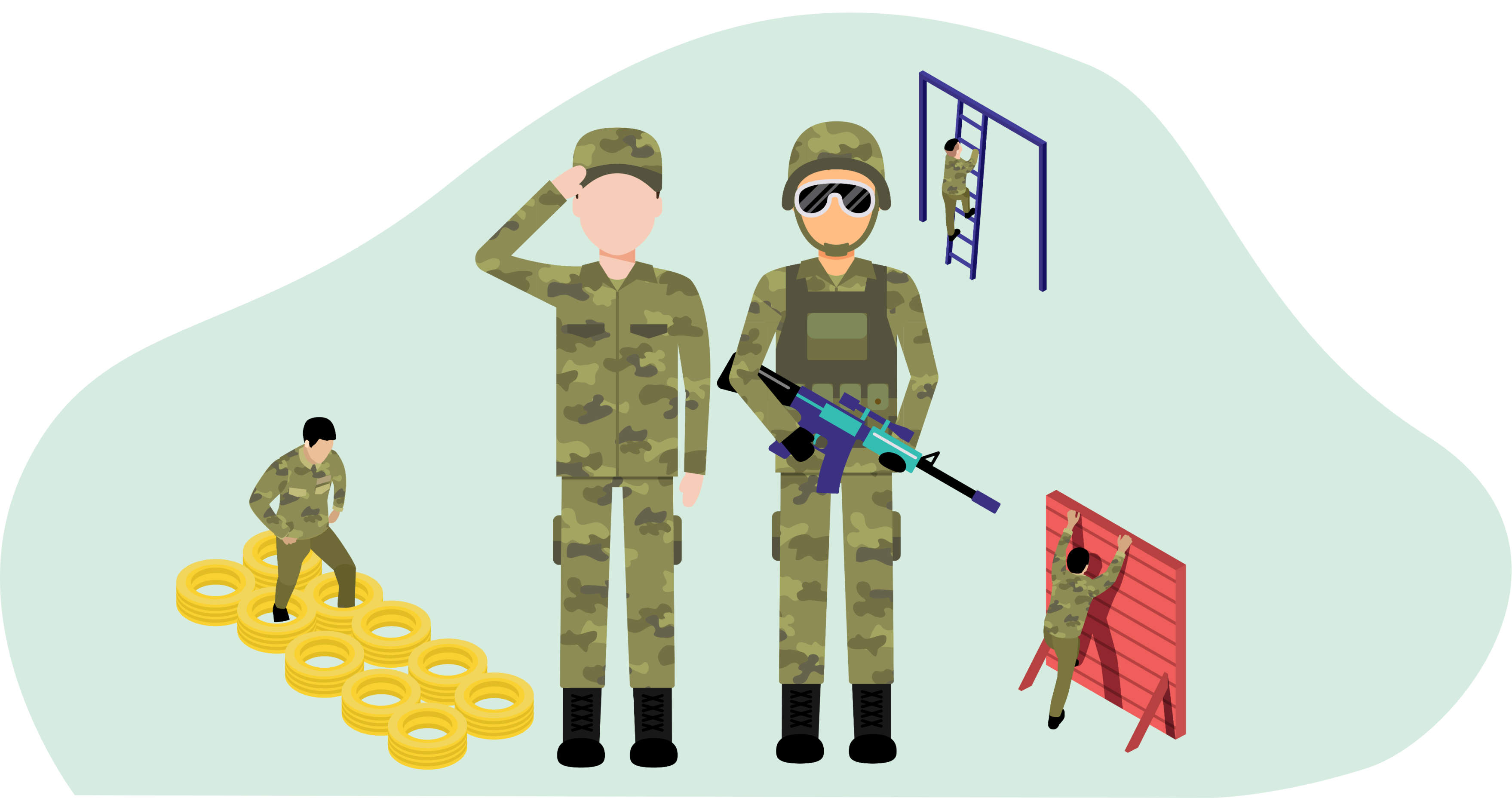
Army Combat Officers are leaders trained in managing the military and troops.
Army Combat Officer Job Description
- Mentor soldiers and guide them with the right military values and skills.
- Develop and review military doctrines and policies.
- Create strategies and analyse complex situations during war-fighting and peacetime training situations.
- Follow safety guidelines at all times during military operations, to ensure the safety of all soldiers.
- Take part in humanitarian and peacekeeping missions to promote stability and security efforts around the world, making a positive impact on the lives of others.
Note
The Army provides upgrading opportunities such as sponsorship for degree studies!
What you should know about Army Combat Officer jobs in Singapore
Nature of Work
As Generalist Officers, you will follow Command, Staff, or Instructional paths. Specialists alternate between vocation and specialisation.Key Advice
Dive into research, chat with Veterans, and remember, it’s your grit and heart that'll make you a great Officer.-
Entry RequirementsEntry Requirements
- Minimally a GCE 'A' Level or diploma is needed.
- Being in the Army means you have to be physically fit, so you should start working out!
- Resilience is an important trait to have, as the training can be challenging.
-
Possible PathwayPossible Pathway
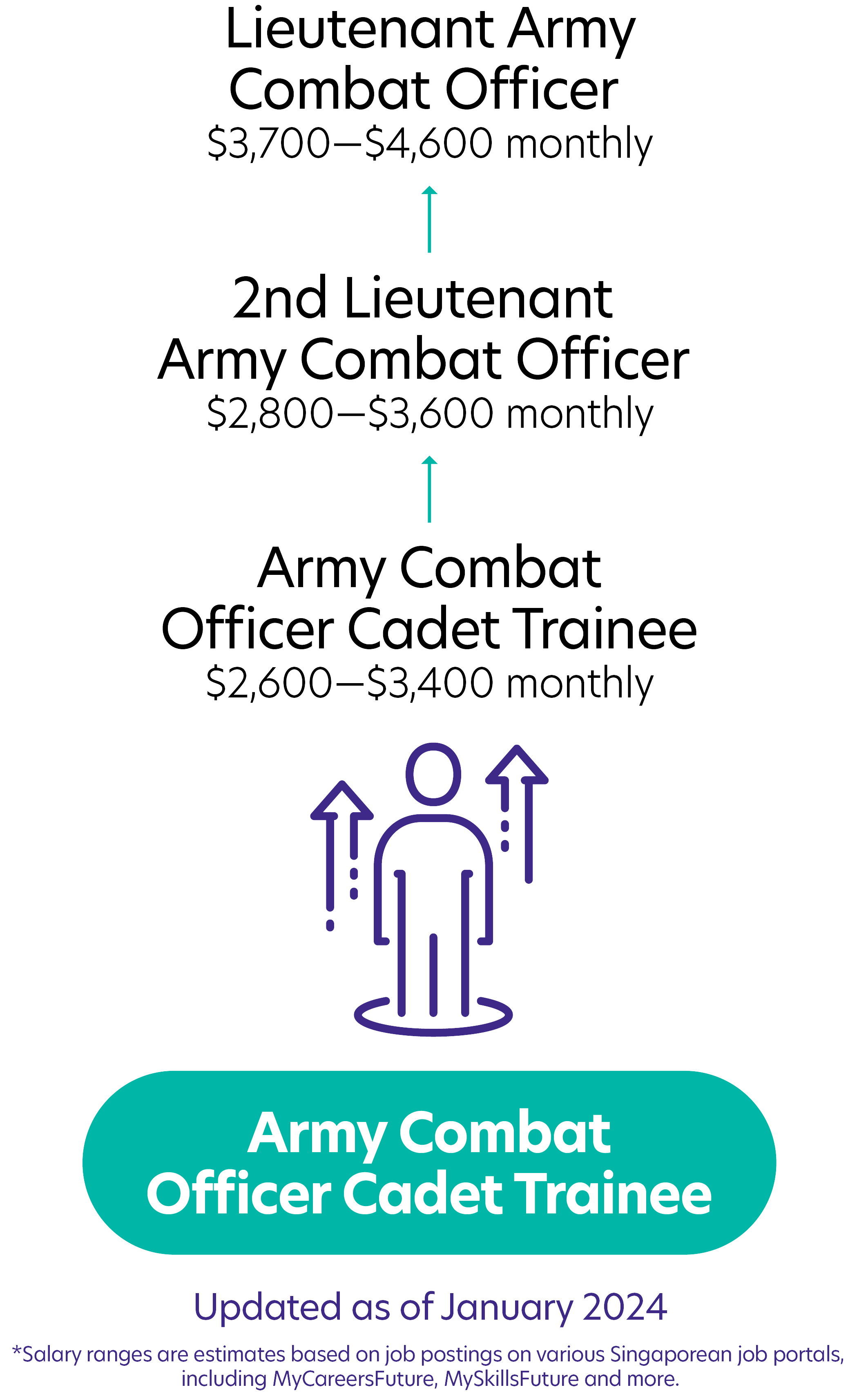
Skills you may need to pursue an Army Combat Officer career in Singapore
 Hard Skills
Hard Skills
Advanced Weapon Proficiency
Mastery of military weapons, specialised firearms, and tactical gear.Tactical Command
Expertise in urban and jungle warfare tactics for diverse mission leadership.Strategic Reconnaissance
Skilled in reconnaissance and surveillance for planning operations.Collaboration
Effective teamwork and coordination with officers and units for objectives.People Development
Mentoring skills to foster a resilient and capable team.Decision Making
Strong ability to make decisions under pressure for mission success.
“My journey in Our Army is fulfilling and filled with opportunities every step of the way. ”
CPT Eastina Tan, Infantry Officer
Explore Other Programmes
Browse AllYou have bookmarked your first item!
Find it in My Discoveries with insights on your interests!

